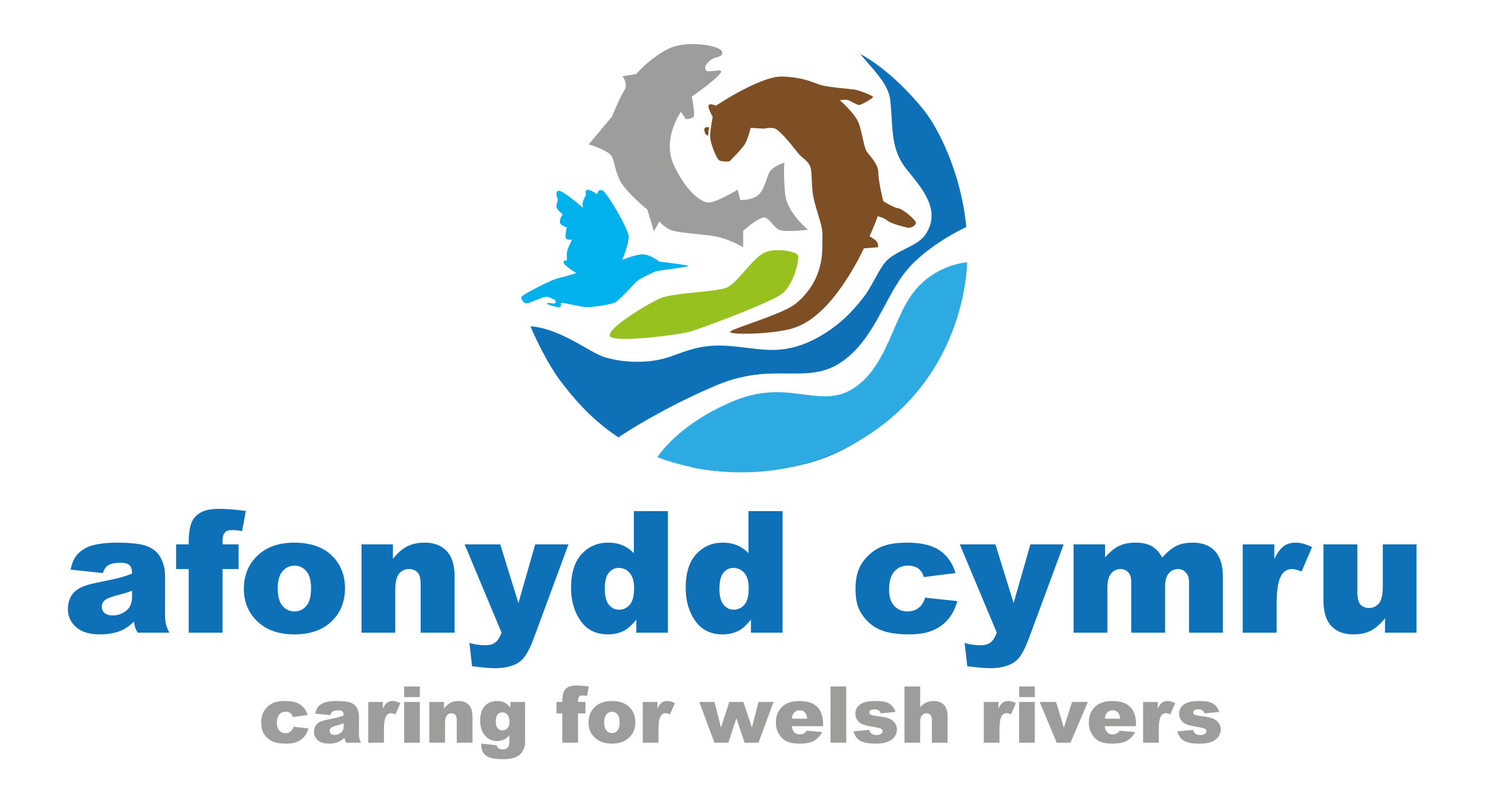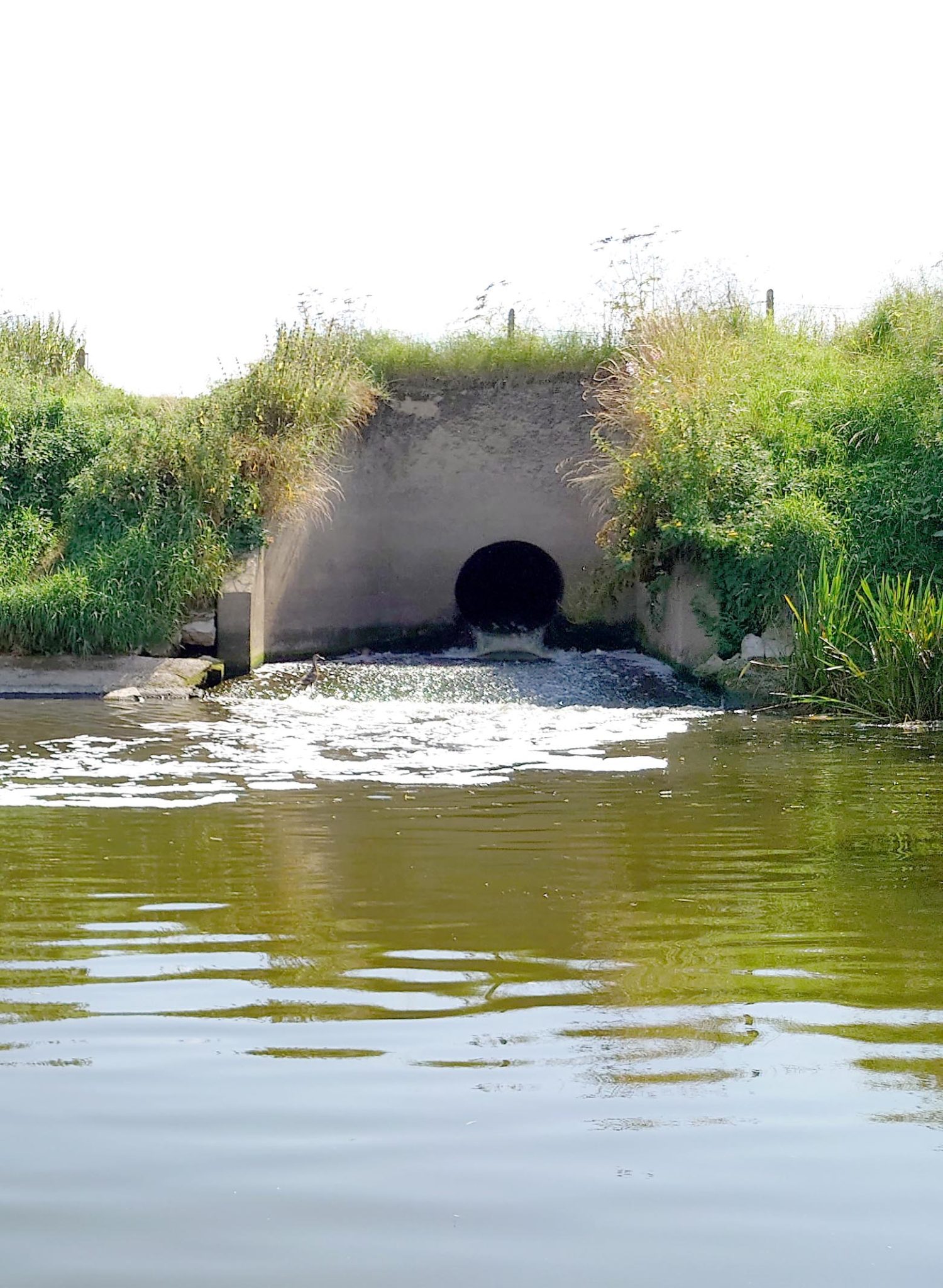Welsh Water are spending an extra £100M in funding to resolve their part in the excessive nutrients in rivers issue.
Friday 10th March, 2023
On Wednesday, the second Phosphorus Pollution Summit was held in Cardiff, hosted by First Minister, Mark Drakeford MS.
Julie James MS, Minister for Climate Change and Lesley Griffiths MS, Minister for Rural Affairs were also in attendance, as were representatives from Natural Resources Wales, local authorities, the agricultural sector, house building and the environment. Representing the rivers and river trusts of Wales was Gail Davies-Walsh, CEO of Afonydd Cymru.
It goes without saying that resolving the nutrient problems in Welsh rivers cannot come soon enough. The overriding feeling from the summit was that not enough had been achieved since last July’s initial summit, nor had it come fast enough.
Welsh Government agree that work must be completed apace. In his summing up, Mark Drakeford urged acceleration in the delivery of actions to solve the problem. Apart from complying with existing legislation (some of which they enacted), his administration has an additional, powerful incentive to restore ecology in rivers. The current high levels of phosphorus are stymying housebuilding in many areas of Wales, severely restricting the provision of new social housing in particular.
We welcome Welsh Government’s commitment to publish a governance structure by Easter. However, while a plan to progress social housing is also welcome, concerns remain that action plans for restoration of our SAC rivers are still missing. We need resolution of whether accountability for this will sit with the Nutrient Management Boards or remain the statutory responsibility of Natural Resources Wales.
Elsewhere, Welsh Water are spending an extra £100M in funding to resolve their part in the issue. By 2030, they have committed that none of their wastewater treatment works will be contributing to failure of good ecological status and 90% of their wastewater treatment works contribution to phosphorus in rivers will be eliminated. By 2035, 100% of their contribution will go. They have also made assurances to bring these targets forward if they can.
From a phosphorus perspective, this is a massive step forward although we await understanding of what the next business plan can deliver for sewer overflows.
Welsh Government have already committed additional funding to support Natural Resources Wales to step up their enforcement of the new Agricultural Regulations. At the summit, there was also a commitment from NRW and WG to make enforcement reporting more visible.
And what about agriculture, by far the largest contributor of nutrients to most Welsh rivers? Afonydd Cymru have extended an offer to work with the sector and the Nutrient Management Boards to help accelerate measures that reduce agricultural nutrients. We very much hope this offer is accepted and that tangible results begin to show in the near future.
We welcome the First Ministers summary ‘we need to do more and we need to do it quicker’. We also welcome his commitment to lead the governance structure being developed. What we absolutely need to see is more action.
Added note: Prior to the summit, Afonydd Cymru have also been helping set up “Nutrient Management Boards” for rivers in West Wales, specifically the Eastern and Western Cleddau, the Tywi and Teifi. We have been working with Carmarthenshire County Council to establish the three Boards earlier this year, with the objective of devising and delivering solutions to excessive nutrients in these famous Welsh rivers.

